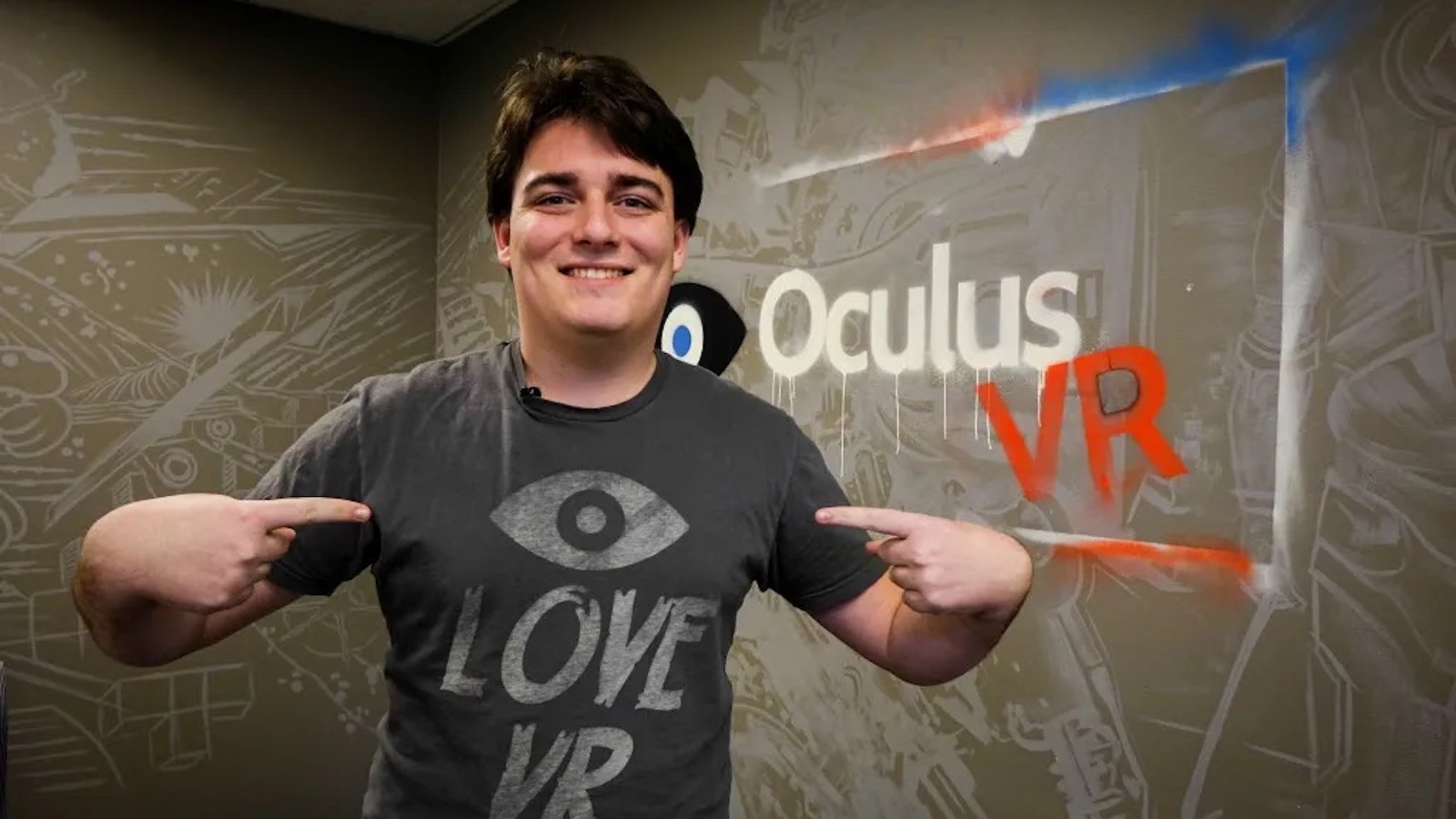
AOC is (Sort of) Right About Automation
Alexandria Ocasio-Cortez recently made headlines for arguing that we shouldn’t fear automation, because it will leave workers with more time for artistic and scientific pursuits. Predictably, many on the right immediately latched onto the claim as proof that the junior congresswoman is out of touch and callous about job losses resulting from technological innovation. Now, I don’t deny that Ocasio-Cortez is hopelessly out of touch, and has so far displayed little to no understanding of basic economics despite minoring the subject in college. I also don’t deny that the context of her statement, imbedded as it was in an assumption about universal basic income and other forms of wealth redistribution, is troubling and wrongheaded.
However, taken at face value, her claim about automation is actually pretty insightful. So, in the interest of giving credit where credit is due, let’s explore that idea and why people tend to respond so poorly to it.
Conservatives tend to fear automation because they recognize that with new technology, some jobs currently done by humans will soon be done by machines. What will then happen to the displaced workers? This is a valid concern and one of the reasons it’s so important to structure policy in a way that permits maximum flexibility in labor markets. The less red tape and the more opportunities there are, the easier it will be for workers displaced by technology to train for, and be able to perform, different kinds of work. But while these fears are reasonable, they only tell one half of the story.
French economist Frederic Bastiat famously pointed out that there are two aspects to every policy, one that is seen, and one that is unseen. We err when we focus on the seen and neglect the unseen, because we fail to take into account important, but hidden, circumstances. People who fear automation tend to focus on that which is seen—the lost jobs—and to ignore that which is unseen—the new opportunities created by technological innovation.
There are countless examples throughout history. Offices used to employ scriveners to make manual, handwritten copies of important documents. This was extremely time consuming and provided an awful lot of jobs for people who could write well. Over time, the scriveners were made obsolete by inventions such as the typewriter, the copy machine, and eventually the computer. The transition would have no doubt been rough for those who had spent their whole lives copying documents by hand, but does anyone imagine we as a society would be better off if we hadn’t made those inventions? Would a policy mandating that all documents be written by hand improve our standard of living? It would certainly create a lot of jobs. On the other hand, it would put a lot of computer programmers out of business—a profession that the scriveners would not have been able to predict even existing.
This line of reasoning leads to a deeper truth about the nature of work. Work exists to solve problems. Work is not, therefore, a goal in itself, but a means to the end of making life better.
When you create work without a corresponding increase in value, in the form of useful and desired goods or services, you are essentially just creating problems where none needed to exist. This is the error made by make work programs like those of the New Deal. Yes, you can pay people to dig holes and fill them in again, but nothing gets accomplished, no needs are met, no value is created. You would be better off just directly transferring money from one person to another without the charade of fake, unnecessary work.
What Ocasio-Cortez gets right is that the only reason we invent machines at all is to free up more time for pursuits that are rewarding, rather than just necessary for survival. We have washing machines because spending all day scrubbing clothing in a river is backbreaking work that leaves little time for anything else. Once you could throw your laundry in a washing machine, you could leave it while spending the excess time learning a new skill, doing different chores, or enjoying some leisure with your family. Who weeps for the washerwomen of yesteryear, displaced by this marvel of automation? Not very many people, these days.
Ocasio-Cortez is enduring much mockery for her claim that more free time would allow us to “go to space.” But does anyone imagine that the space program started by President John F. Kennedy, which went from zero to moonshot in less than a decade, would have happened if automation hadn’t first replaced horses with internal combustion engines?
We get so caught up in our focus on the what of job creation that we forget the why. We work to improve our standard of living. If machines can shoulder some of that burden, so much the better.
Free the People publishes opinion-based articles from contributing writers. The opinions and ideas expressed do not always reflect the opinions and ideas that Free the People endorses. We believe in free speech, and in providing a platform for open dialogue. Feel free to leave a comment.




R Sanfilippo
short sighted and misses the mark.
prsmith
Spot on. AOC is an idiot but automation and AI is going to replace virtually all necessary jobs in the not too distant future. I SO look forward to drivers being replaced in all motor vehicles – our death/injury rate will fall like a stone through air. Doctors make mistakes that AI robots won’t make. Pilot errors account for the majority of airline disasters. These and thousands of other jobs will be eliminated. I believe that the whole concept of ‘earning a living’ will become obsolete and now is not too early to begin adjusting to the new reality.
Roland
Interesting that you brought up NASA. A government space program isn’t any more beneficial to the general welfare than paying people to dig holes in the ground and fill them up again. If it were, they wouldn’t have to force us to pay for it.